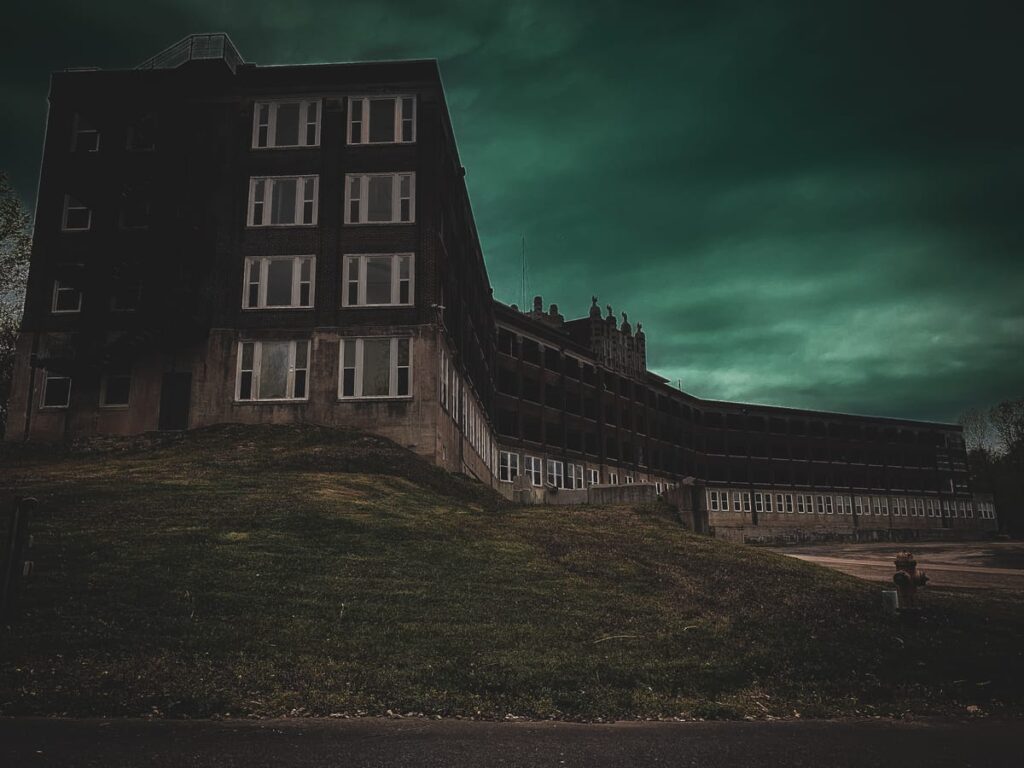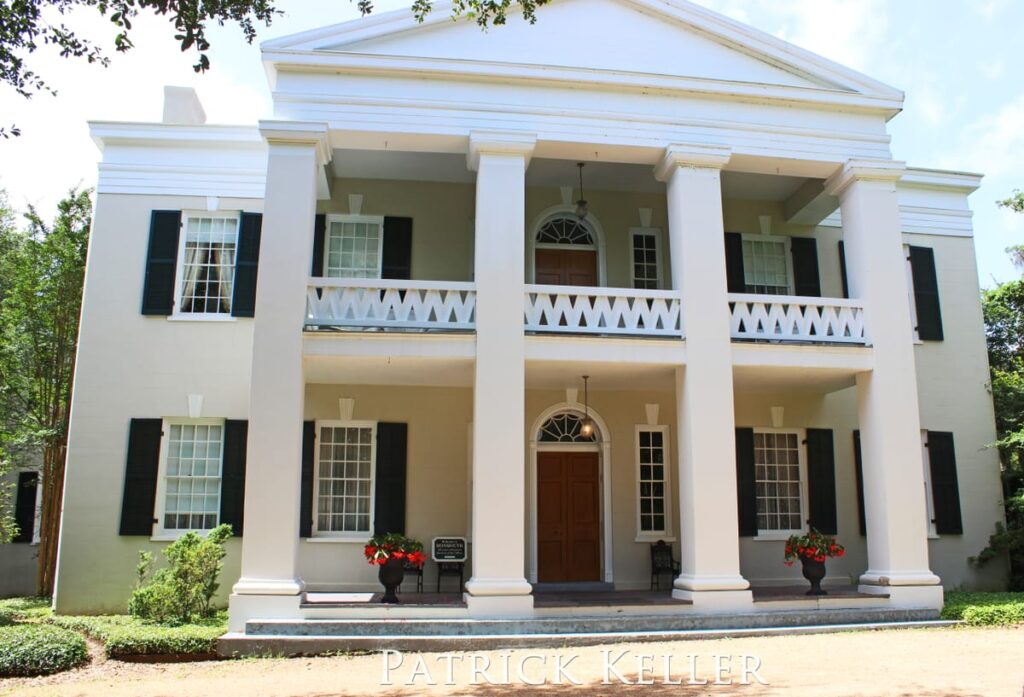
Monmouth Plantation
Monmouth Plantation’s old owner, John Quitman, may still haunt his historic stomping grounds
Paranormal Activity at
Monmouth Plantation
- The stomping footsteps of John Quitman are heard around the house
- Quitman’s apparition has been seen checking in on rooms and making rounds
- Quitman’s figure has also been spotted roaming around the gardens on the property
- Odd feelings of being watched have been reported at times
Monmouth’s History of Mystery
Natchez, Mississippi, is no stranger to opulent plantation houses. One of those local homes has a haunting lore that sets it apart from the crowd.
Monmouth, an inviting Greek Revival plantation house, stands as a beaming white centerpiece of the surrounding property.
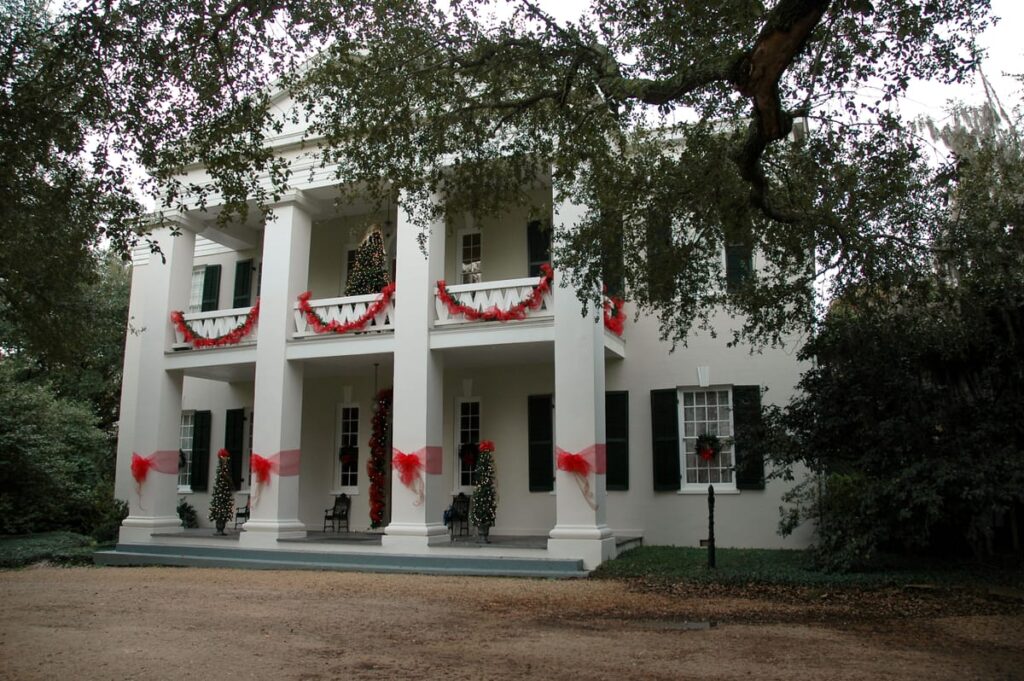
Though the sprawling farm fields it once had are now gone, Monmouth has still done well to keep a name for itself.
One modern claim to fame for the old mansion off John A. Quitman Boulevard, is that Quitman’s ghost reportedly haunts it! And one glance at Monmouth’s picturesque property, and you may understand why Quitman would call it his afterlife forever home.
Timeline of Monmouth Plantation's History
Swipe or use timeline points to see Monmouth Plantation through the years
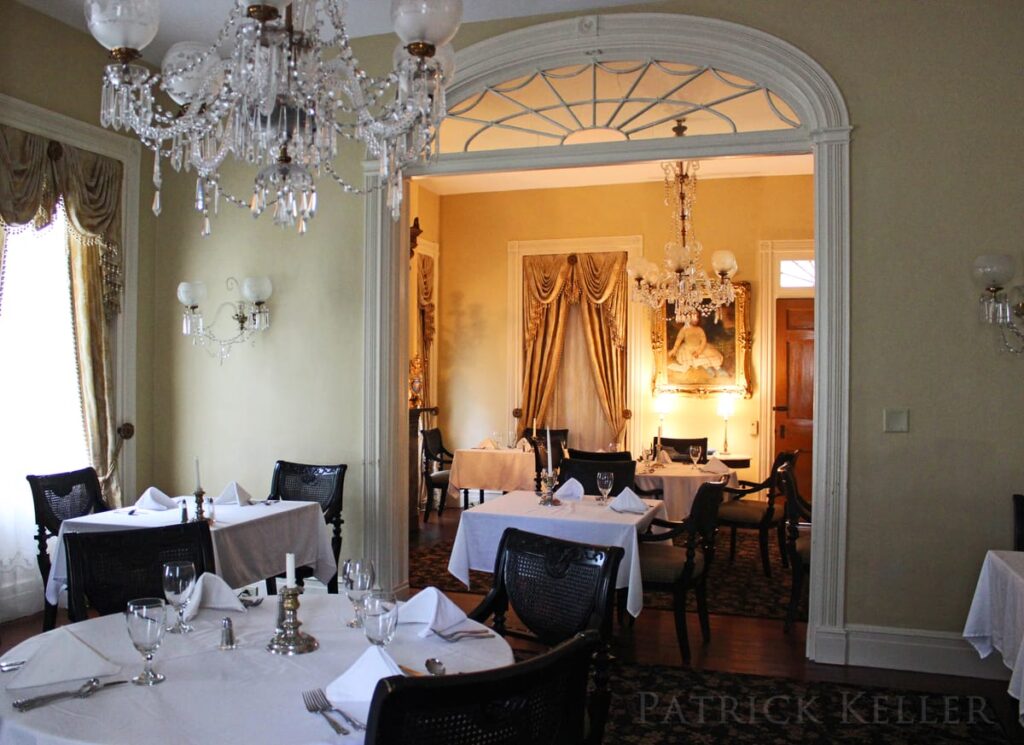
1817
The estate that would become Monmouth started as the brainchild of John Hankinson. Hankinson, a successful postmaster and attorney, settled in Natchez in the 1810s with his wife, Francis. To demonstrate his rising social status, Hankinson bought fifteen acres of land on the outskirts of town and built his grand manor.
When the home was complete in 1817, Hankinson named it after his birthplace of Monmouth County, New Jersey. In no time, Hankinson was another member of Natchez’s well-to-do planter class.
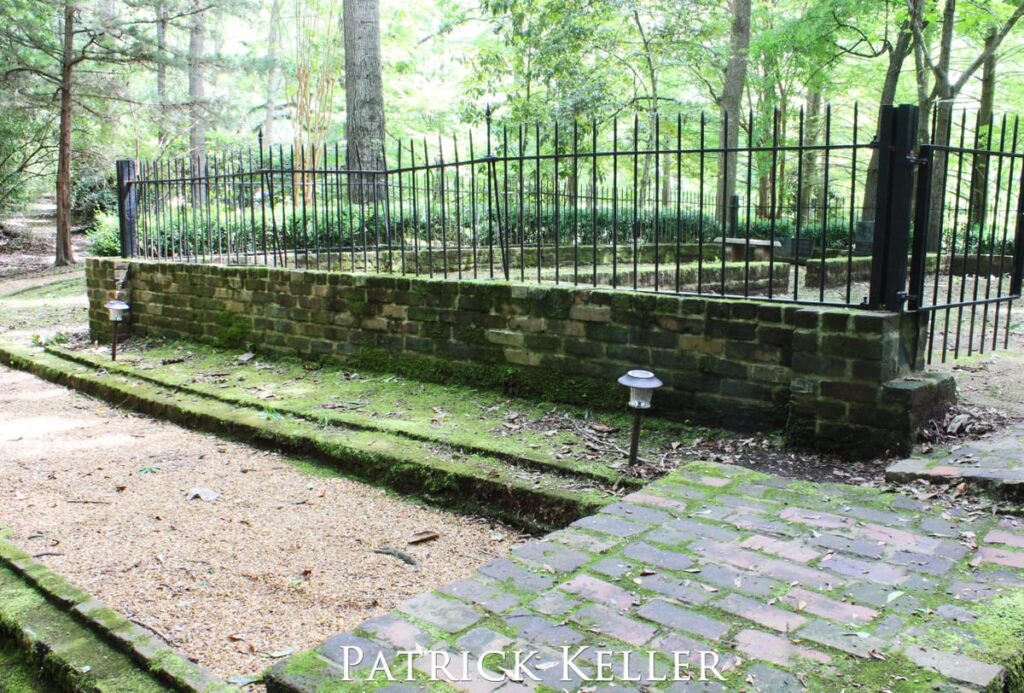
1824
Unfortunately, Hankinson’s fortunes didn’t last forever. By 1824, economic downturns left Hankinson penniless, and Monmouth was put up for auction. The Smith family bought the property at auction in 1825 for $11,000, but the following year, they sold it to John A. Quitman.
At that time, Quitman was a budding local lawyer. But he would soon make a name for himself and his stately manor. Quitman lived at Monmouth as he built a plantation empire through the 1840s and 50s, and he became a war hero as a general in the Mexican-American War.
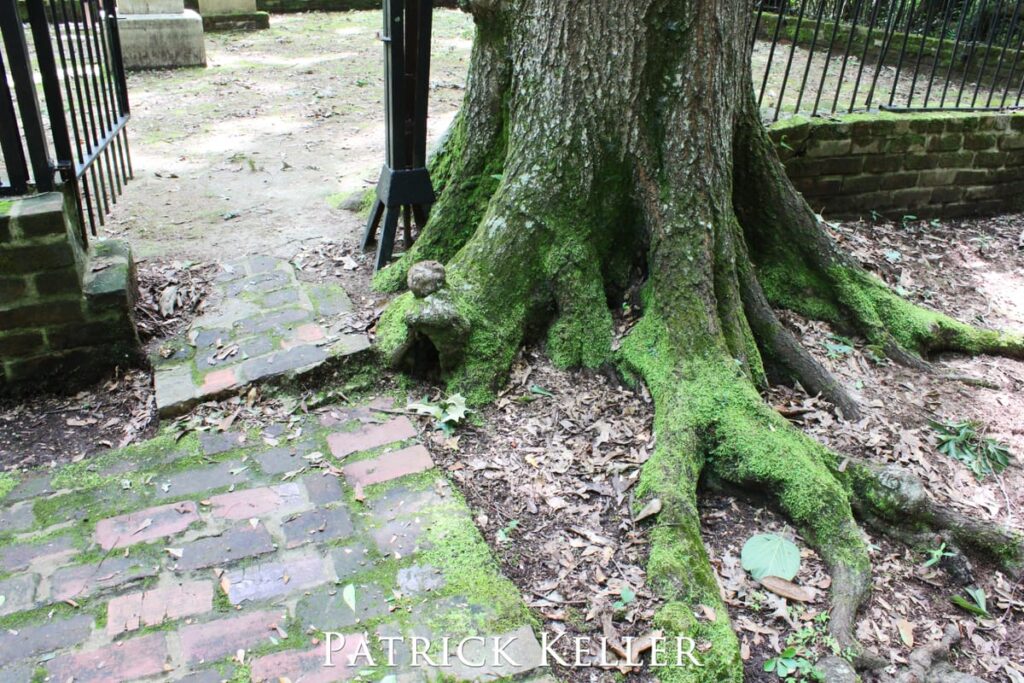
1858
After a life of a wealthy planter, war hero, and state governor, John Quitman called it quits on life at Monmouth in 1858. Quitman, a Congressman at the time, died of National Hotel Disease, a mysterious illness that, to this day, has never been identified.
He left his plantation operation to his wife, Eliza, but she died just a year later in 1859. This left the massive operation to the Quitman children – a son and five daughters. But, the tragedy-shaken family would soon face a new hardship: war.
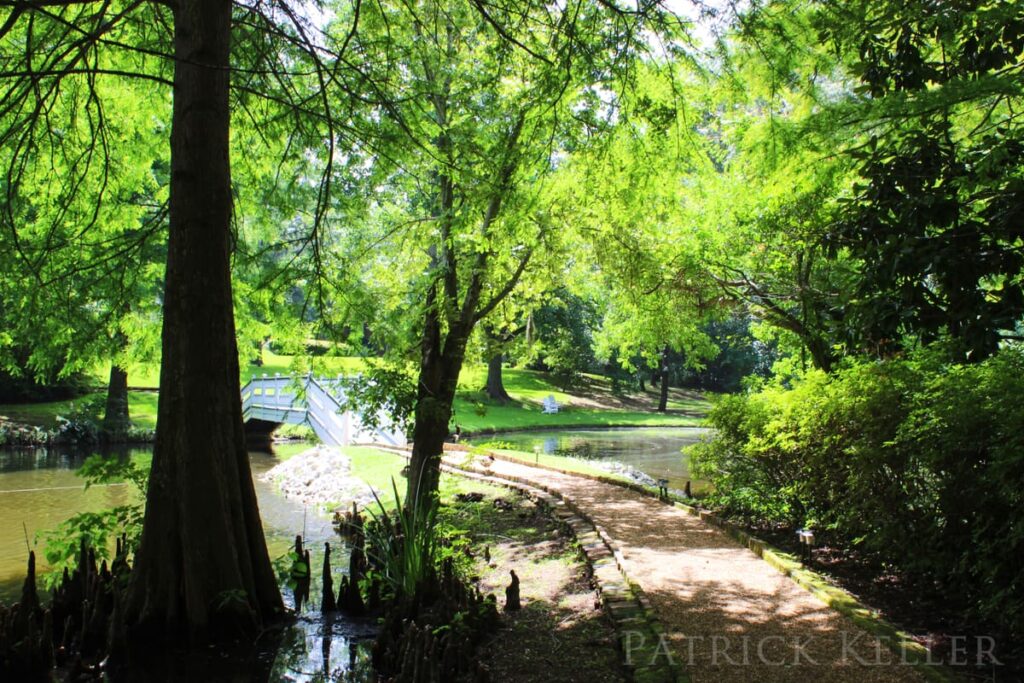
1865
The Civil War devastated the Natchez region, and left some plantation homes burned to ruin. By 1865, Monmouth and the Quitmans were just lucky to survive. During this time, the family’s agricultural operations were destroyed as the slave-based economy rightfully collapsed.
The Quitmans resorted to selling goods and lodging to Union occupiers to survive. They also bartered away possessions and furniture to stay afloat. While time post-war helped stabilize the family, they never returned to their pre-war grandeur.
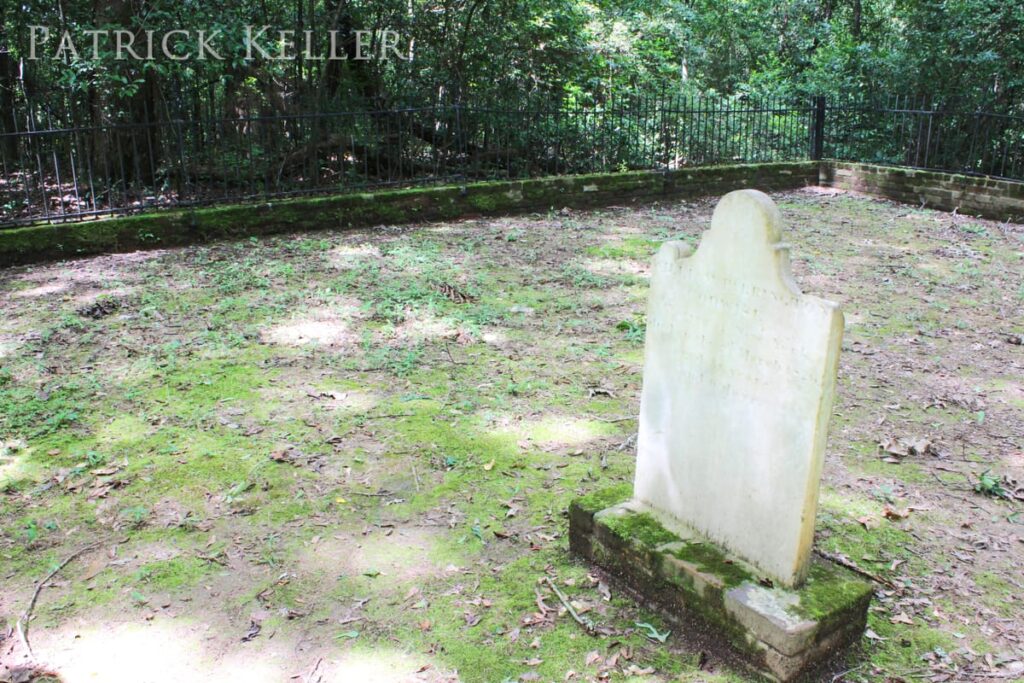
1924
Local widow Anne Gwin bought Monmouth in 1924 and lived out a quiet life there. The home itself saw some attention in the 1930s as part of the Natchez Pilgrimage celebration started at the time. The Pilgrimage began as a program to remember the city’s history through its historic homes.
Many mansions were opened for tours to the public through these events, Monmouth included. While the Natchez Pilgrimage brought new interest to the home, it didn’t bring much aid, and the manor slowly deteriorated.
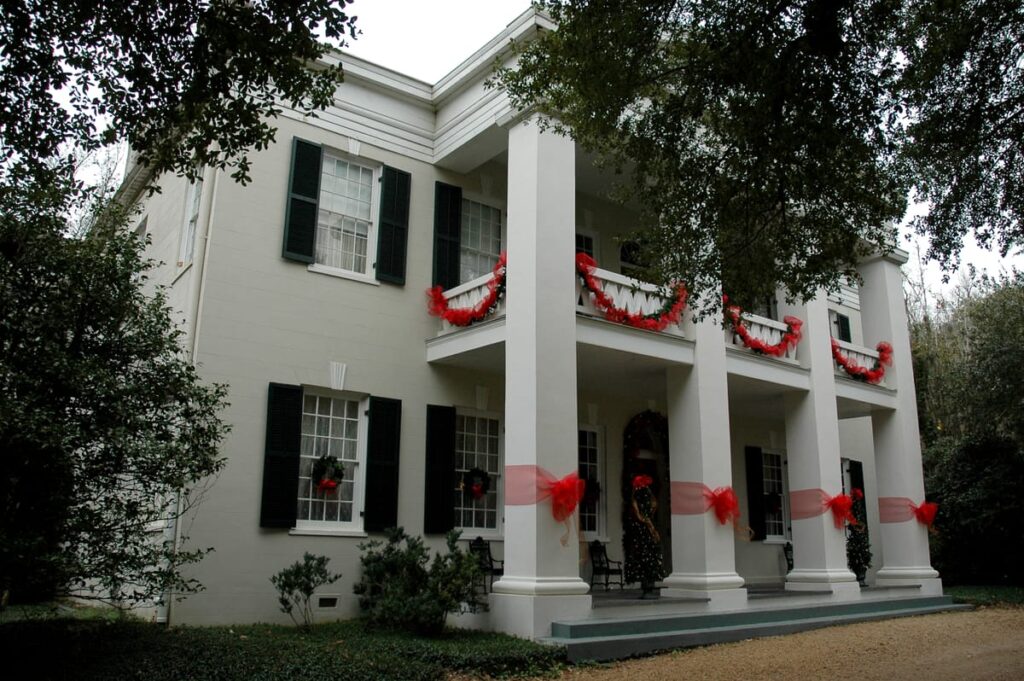
1978
By the 1970s, the home was in desperate need of help. Luckily, in 1978, help came in the form of investors interested in revitalizing Monmouth’s glory, including pulling out years of old updates, like outdated gas lines and heaters. Workers also had to dismantle fireplaces completely and piece them back together to get them working again.
Through hard work over the following years, Monmouth came back from the dead as a renowned, luxurious bed and breakfast, but it may have brought a few lost Quitman souls with it!
Is Mississippi’s Monmouth Plantation Haunted?
Monmouth’s paranormal lore seems to stem largely from one entity: John A. Quitman. As Quitman lived many years in the home, and is arguably its most important figure, perhaps his haunting only makes sense.
Reports of Quitman’s ghost haunting Monmouth reach back decades, with many stories coming out during the 1970s and 80s restorations.
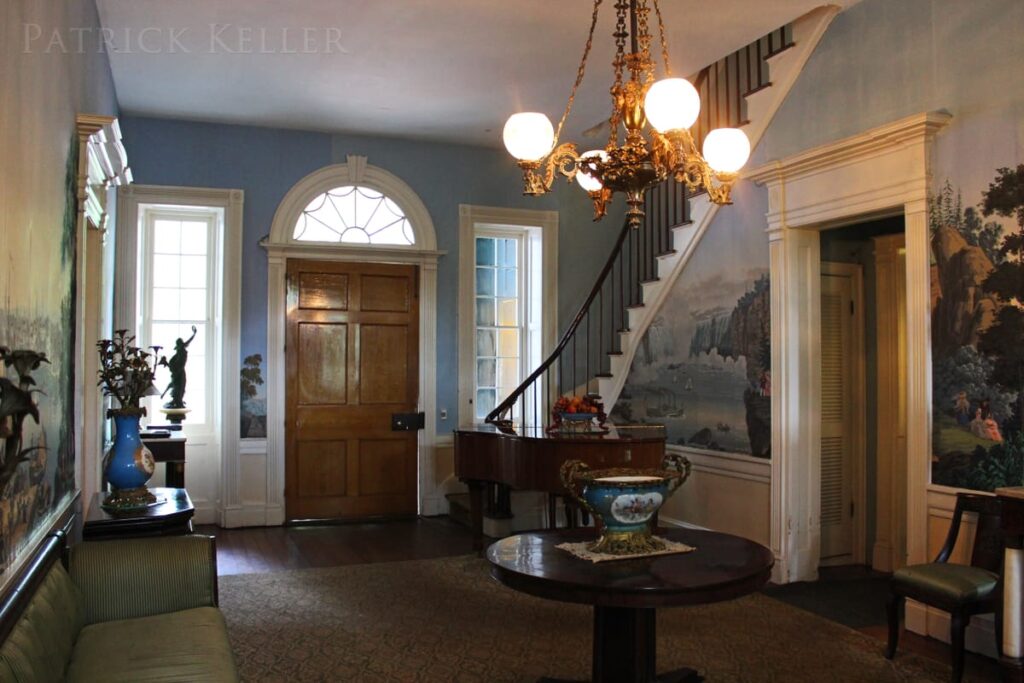
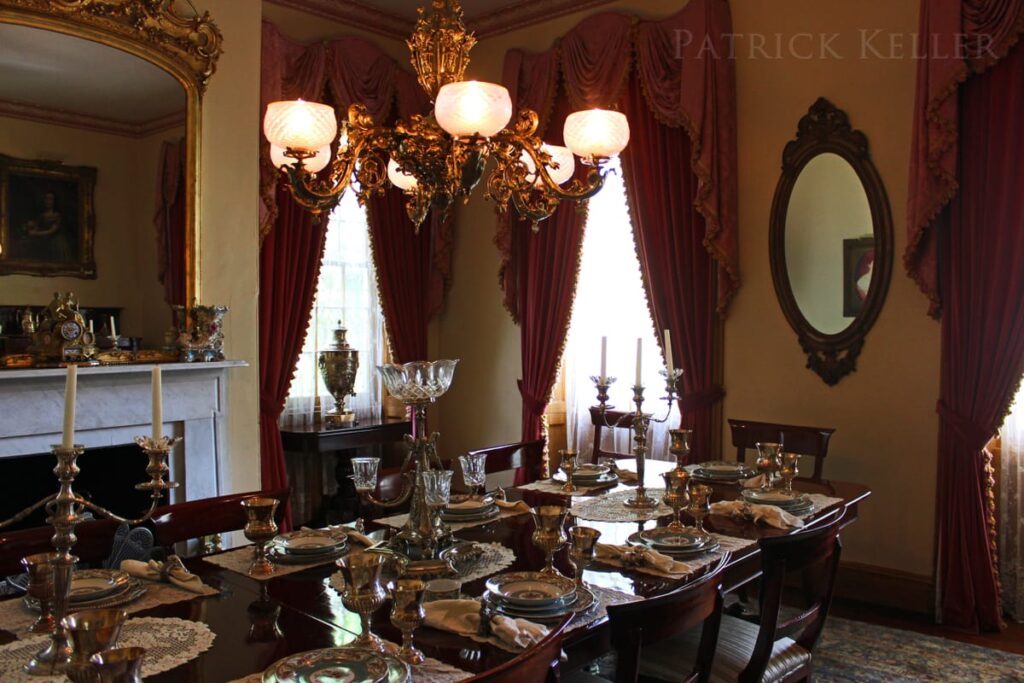
Workers at the time reported feelings of being watched while they worked. It is believed such work can stir up paranormal activity, and many have figured that was the case with Monmouth.
As would become his habit, Quitman’s ghost apparently watched closely over everyone working on his home.
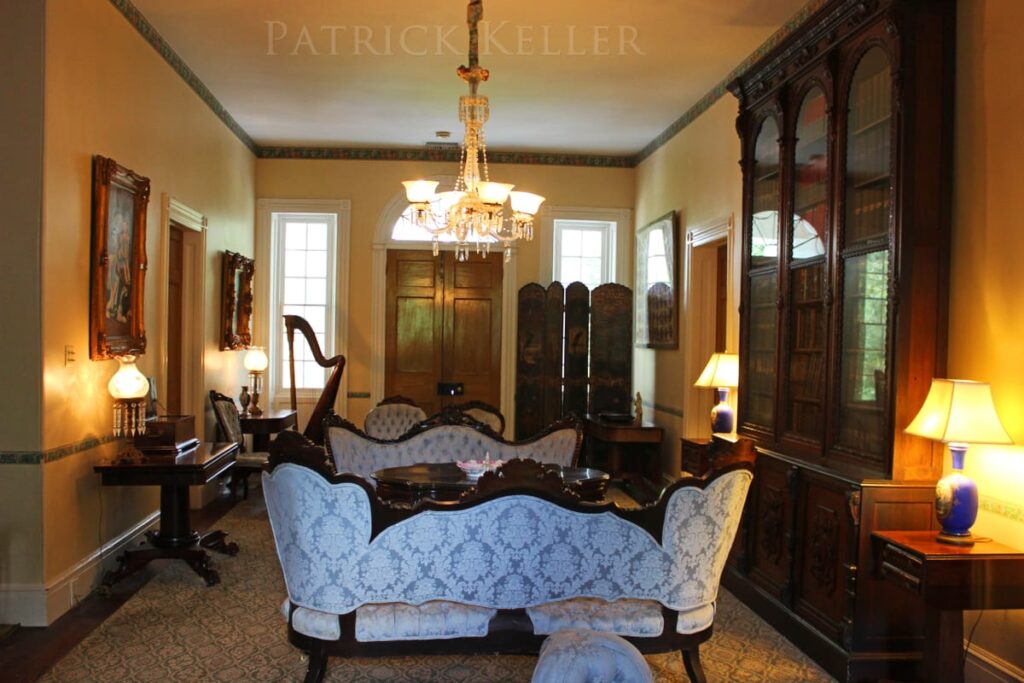
Eerie Apparitions in Natchez
With John Quitman’s ghost patrolling the house, his apparition is said to appear in the midst of the night. While seeing a spectral Civil War general in your room at night sounds quite spooky, Quitman is apparently just checking in on folks and moving on.
Reportedly, guests in ‘Room 30’ have reported the most vivid versions of Quitman’s figure.
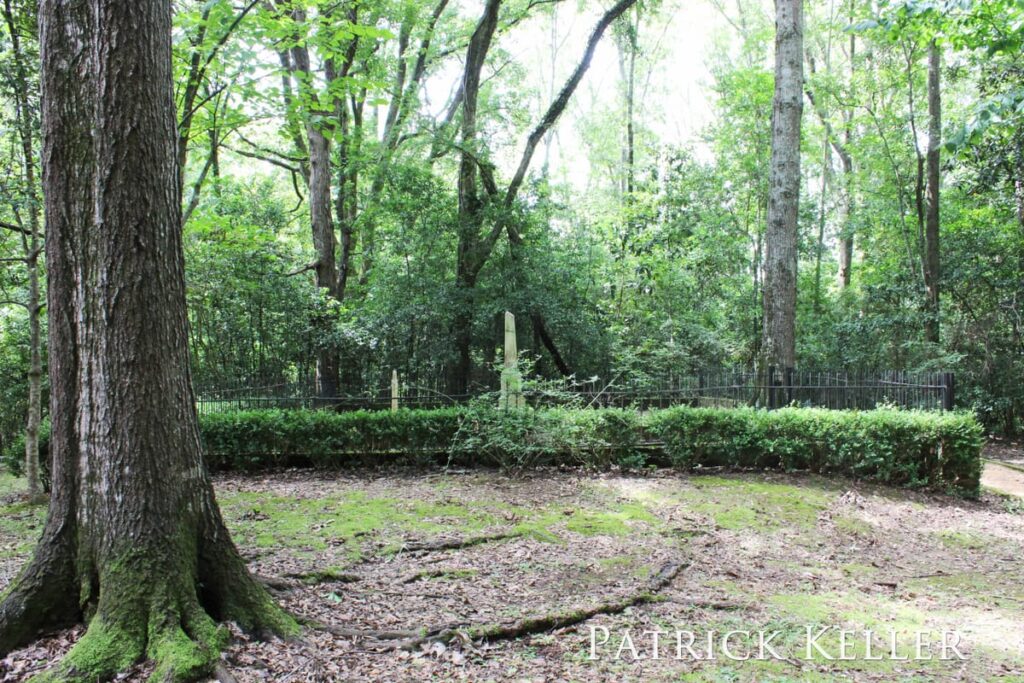
Ghosts in Monmouth’s Garden
John Quitman’s phantom isn’t just known for keeping tabs on the house either. His specter is also sometimes seen roaming the grounds outside the house. People who have seen his apparition outside say he, unsurprisingly, looks like he is surveying things, as if he’s checking in.
His figure is most often seen around the gardens when he is outside, only to disappear into thin air just a few moments later. Perhaps, he was only outside for a moment, to stop and smell the flowers.
Monmouth: Hauntingly Popular
While Monmouth and the surrounding grounds are surely maintained to John Quitman’s liking, they’re kept up mostly for the enjoyment of the living guests.
Monmouth remains a popular and luxuriously historic bed and breakfast in the Natchez region and attracts visitors from far and wide thanks to its amenities and beauty.
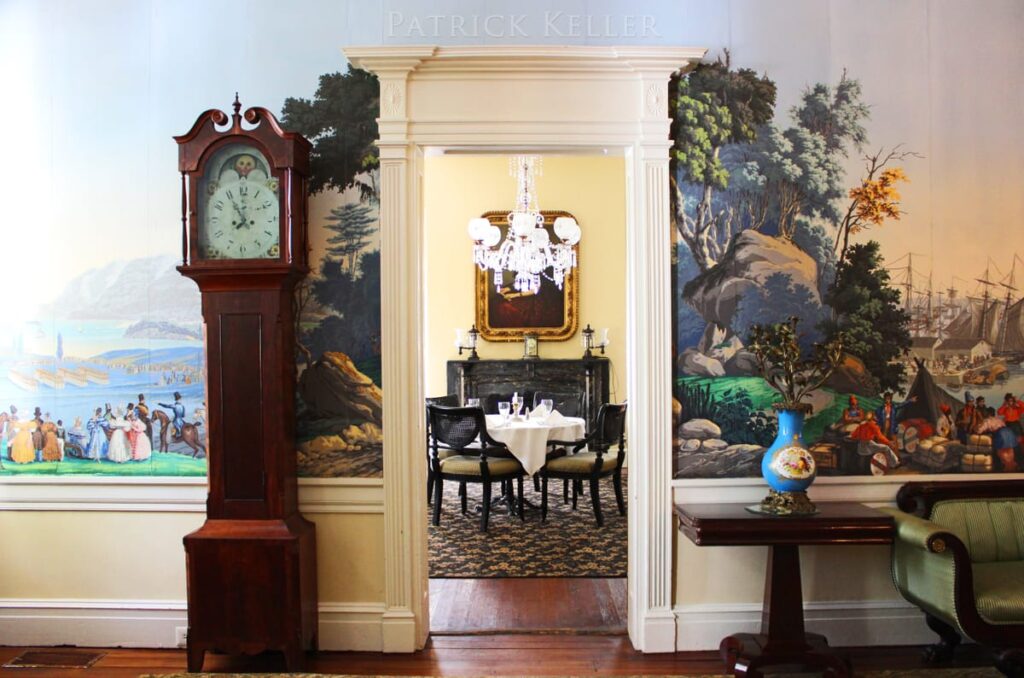
To some, the home’s hauntings are as undeniable as the rest of its history. If you’re one of those people, then trying to experience the home’s hauntings is as easy as booking your own stay!
Just don’t be too startled if you find yourself sharing your room with a Civil War general during your stay. Be happy John Quitman is known for stomping and not for snoring.


